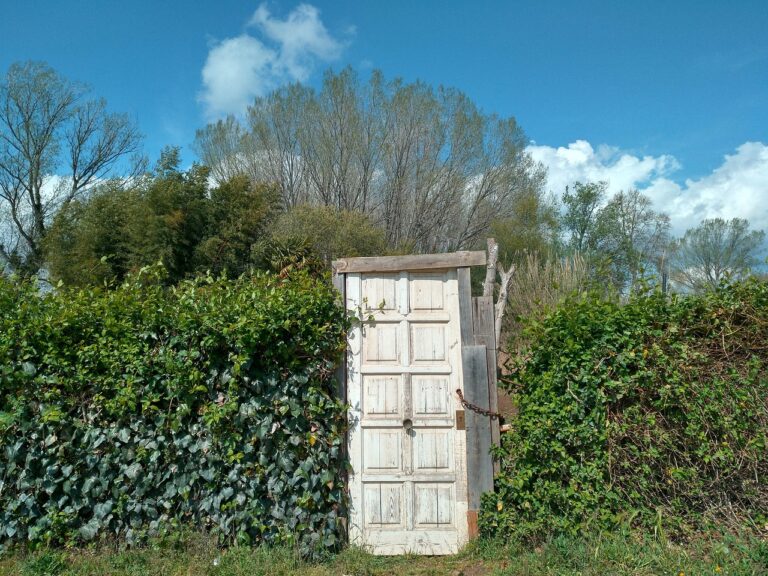The Benefits of Installing a Home Geothermal System
Geothermal systems are considered environmentally friendly due to their use of renewable energy sources hidden deep within the earth’s surface. By harnessing the natural heat produced by the earth’s inner core, geothermal systems eliminate the need for traditional energy sources that contribute to harmful greenhouse gas emissions. This sustainable energy alternative greatly reduces the carbon footprint associated with heating and cooling buildings, making it a cleaner and more eco-conscious choice for both residential and commercial properties.
Moreover, geothermal systems require minimal land use compared to other forms of renewable energy, such as solar or wind power. This efficiency in land utilization is a significant advantage, especially in densely populated urban areas where space is limited. Additionally, geothermal systems have a longer lifespan than traditional heating and cooling systems, reducing the overall environmental impact by decreasing electronic waste from frequent replacements and repairs. Overall, the environmentally friendly nature of geothermal systems highlights their importance in promoting sustainable energy practices and combating climate change.
How Geothermal Systems Can Reduce Energy Costs
Geothermal systems have gained popularity in recent years for their ability to significantly reduce energy costs for homeowners and businesses. By utilizing the constant temperature of the earth below the surface, these systems provide a consistent source of heating and cooling, eliminating the need for traditional HVAC systems that can be costly to operate. Additionally, geothermal systems require minimal maintenance compared to other heating and cooling methods, saving both time and money in the long run.
The efficiency of geothermal systems also contributes to their cost-saving benefits. These systems can operate at up to 400% efficiency, meaning that for every unit of electricity they consume, they can produce up to four units of heating or cooling energy. This high level of efficiency results in lower energy bills for users, making geothermal systems a financially appealing option for those looking to reduce their energy costs while also minimizing their environmental impact.
How do geothermal systems work?
Geothermal systems use the natural heat from the earth to heat and cool buildings. This is done by circulating a fluid through pipes buried underground, where it is warmed by the earth’s temperature in the winter and cooled in the summer.
Are geothermal systems environmentally friendly?
Yes, geothermal systems are very environmentally friendly. They do not rely on burning fossil fuels to generate heat or cool air, which helps reduce greenhouse gas emissions and combat climate change.
Can geothermal systems really reduce energy costs?
Yes, geothermal systems can significantly reduce energy costs. By using the earth’s natural heat or coolness, they can reduce the need for traditional heating and cooling systems that rely on electricity or gas, resulting in lower energy bills.
Are geothermal systems suitable for all types of buildings?
Geothermal systems can be installed in various types of buildings, including residential homes, commercial buildings, and even larger industrial facilities. However, the feasibility and cost-effectiveness may vary depending on factors such as the size of the building and the availability of suitable land for the ground loops.
Are there any government incentives for installing geothermal systems?
Yes, there are often government incentives available for installing geothermal systems, such as tax credits or rebates. These incentives are aimed at promoting the use of renewable energy sources and increasing energy efficiency in buildings.







